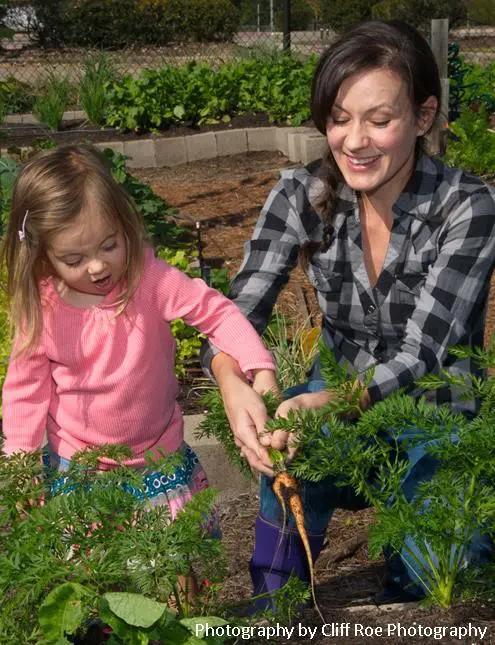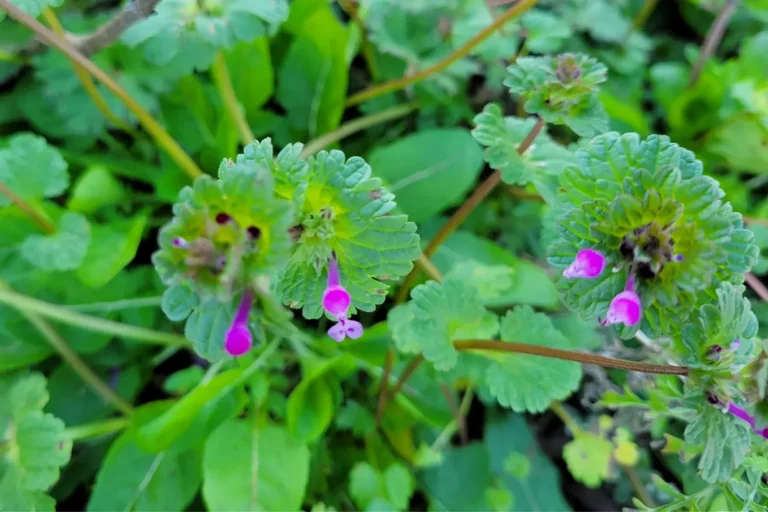You betcha! And there are scientific reasons why.
If you’re feeling the winter blahs, here’s a suggestion: instead of reaching for that glass of wine, put on some warm work clothes and work gloves, grab your garden tools and head out to the yard.
Active gardeners say that the simple act of gardening lowers stress levels and lifts spirits. Many gardeners say it’s meditative, a gentle exercise, fun, and allows us to be nurturing and to connect with life on a fundamental level.
Now, there is some scientific evidence to give credibility to their claims.
The soil itself has a natural ingredient that may stimulate serotonin production, which makes people more relaxed and happier. Microbacterium vaccae, a bacteria that lives in the soil, is the origin.
A number of disorders, like obsessive compulsive disorder, bipolar problems, anxiety and depression have been linked to serotonin deficiencies. In recent animal trials using the bacteria, animals showed increased cognitive ability, lower stress, and better concentration than the control group. The results in the animal trials lasted for three weeks after initial exposure.
Scientists are also studying the bacteria in boosting immune systems to treat cancer, Crohn’s disease, and rheumatoid arthritis. These recent scientific discoveries give new meaning to “playing in the dirt.”
Here are some gardening activities that anyone can do in February to reduce stress and anxiety and perhaps get a dose of Microbacterium vaccae:
- Put organic material around landscape areas and beds. Then add about two inches of mulch above the organic material. Avoid dyed mulch because of possible impurities like arsenic may be present.
- Check your irrigation system now.
- Do not fertilize your lawn yet. Wait until the grass begins to green up.
- Fertilize trees, shrubs, and vines so the plant roots can absorb nutrients before spring growth.
- February is the ideal time to plant roses. Surprise your significant other by planting one or several roses for Valentine’s Day.
- Do not irrigate your lawn yet. Irrigating now will encourage fungal infections.
- Install a rain sensor, smart irrigation controller, or manual controller.
- Harvest the remaining winter vegetables and prepare your vegetable garden for spring planting.
Get your hands dirty and enjoy the benefits of nature.



